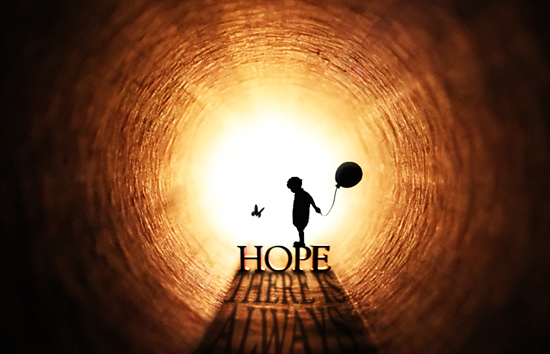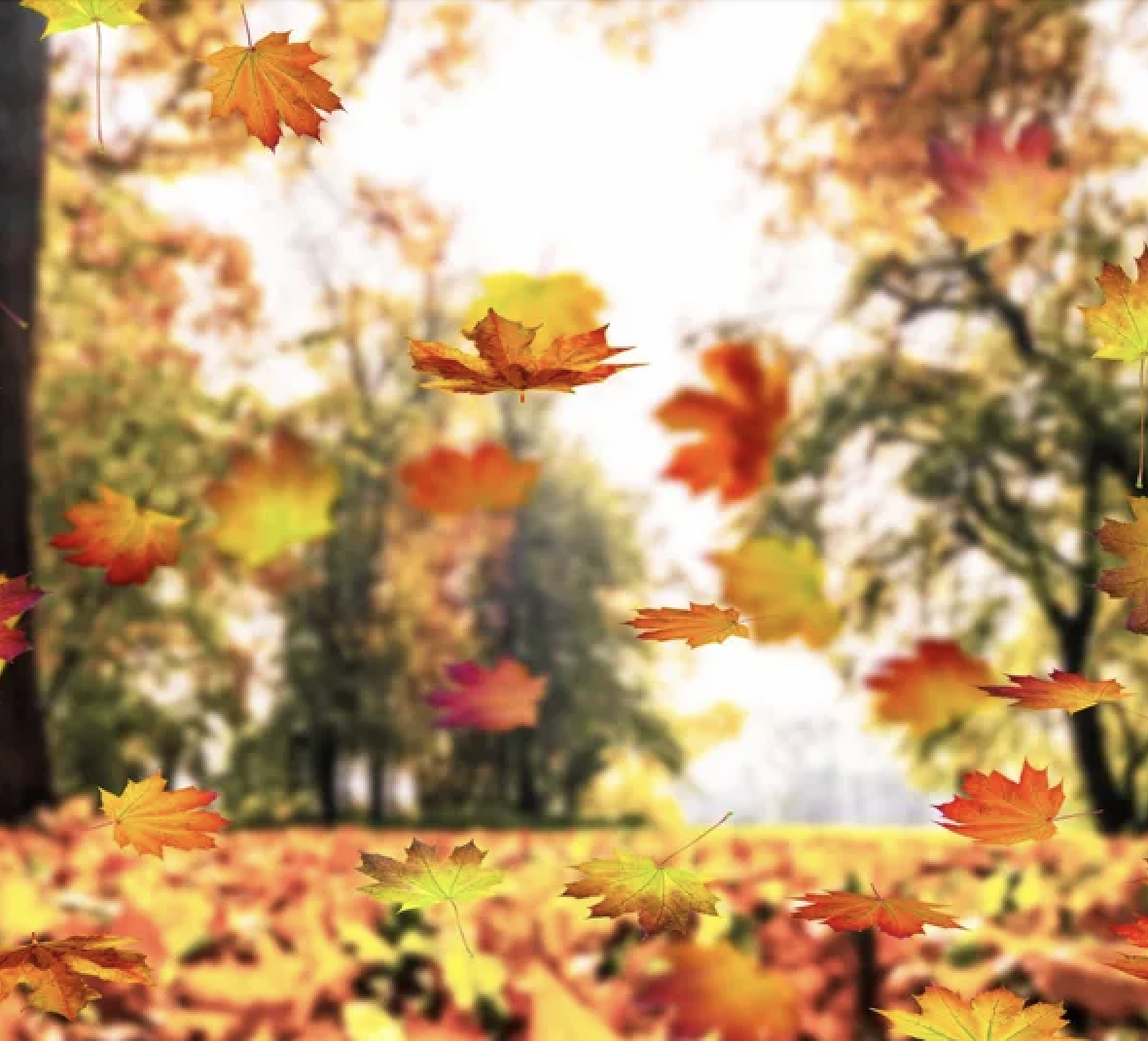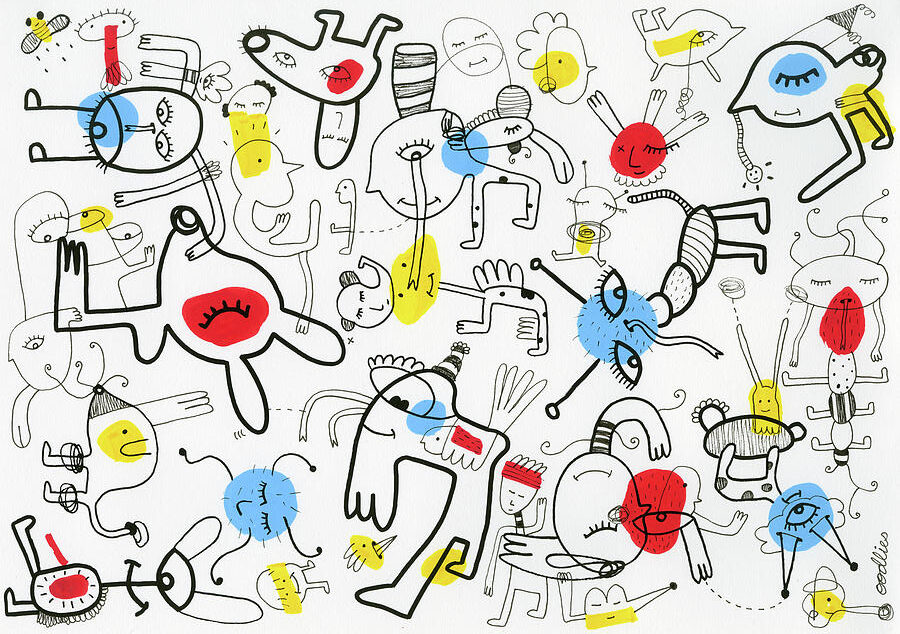Collateral Damage
We cause it. We are it. We can change it.
This is NOT the prevailing definition.
Bad shit happens. No one is responsible.
THIS is the irresponsible trance we have allowed ourselves to be lulled into. It is toxic, corrosive and leads to chronic and acute hopelessness.
BUT, it is temporarily easier. It avoids confrontation, sidesteps challenging introspection and best of all, it doesn’t take up any unnecessary time. Phew.
Except, it crushes your soul. And the souls around you.
This is easily evident in catastrophic atrocities like the 1,000,000 civilians killed as a result of the Iraqi war or the 20,000 boys orphaned after the second Sudanese Civil war or the 82,000 birds, 6,165 sea turtles, and 25,900 marine mammals killed in the Gulf oil spill.
We all nod at the horror.
BUT, maybe the thinking behind it builds one small indiscretion at a time.
What if we became more responsible in our own lives? About where we are the unintended victims of someone else’s agenda?
If we won’t stand up for ourselves, regardless of how uncomfortable, we suffer. And our suffering often results, even if we are not conscious of it, in actions that create unintentional victims of our anger, resentment or sadness.
Unintentional harm does not absolve us of responsibility.
Collateral damage is contagious.
It leads to a big fat WHATEVER. Here is a recent example from my life. I took my father and his brand new girlfriend to lunch. My father repeated a story about me, which he has told many times.
He smiles from the beginning knowing where the punch line will land.
My Dad: Kelly had a doctor, who at one point, asked how I felt about… I don’t know, something er other. And I said, (pause for drama) Well, I think… (second dramatic pause). The doctor looked at me and said, Don’t you people feel anything.
My father chuckled at the humor, I am guessing, of being more of a thinking man than a feeling man. I did not laugh at all and for the first time I did not smile either. His girlfriend half-laughed in support of my dad and in nervous respect for my stone silence.
Me: That ‘something er other’ he asked you about dad, was how you felt about your daughter being so sick she had to be hospitalized.
My Dad: er… yes, yes, that’s right.
Silence.
Girlfriend: (awkward and a bit confused) Where were you?
Me: In the hospital. Sick. (pause) So, it’s actually not a very funny story.
Silence.
Me: So, what are you guys up to this afternoon?
Before I decided to tackle this head-on for the first time in my life, a thousand thoughts flooded my brain.
What the ??? I should walk out, leave him there. But what about her? And they’re both in assisted living so they’d have no ride back. I should be understanding… His parents were unemotional. He had a stroke. But he’s always been like this… I am out with his new girlfriend. It will be awkward. I will make him feel bad. I will make her feel uncomfortable and confused… He doesn’t mean it. I love him. Why can’t I just not care? He is doing the best he can.
But, there are always extenuating circumstances.
Historically, I have always ‘risen above it’, ‘taken the higher ground’, ‘toughened up’, ‘gotten through it’, ‘been the bigger person’– wimped out.
I always thought it was the generous thing to do.
But, each time it crushes me. And each time I sacrifice myself, for my belief in a higher agenda (letting my dad feel like he is funny), I slam the door on the fragile inner child part of myself that needed love and support and still does.
It always seems pathetic and weak to need, love.
So, I’d cringe. Get through it. Move on.
I thought of it as a victimless crime. It never was. I’d end up punishing myself in different ways. But not until my children ended up becoming MY collateral damage, did it sink in.
The pattern of hearing these stories and ones like them, ignoring myself, and later, being impatient with my family became unacceptable. And seeing that, made my vision about what was really happening glaringly clear and definitively no longer okay.
So, I voiced what you read. It was awkward. He didn’t get it. We left two hours later after polite chitchat. I felt quiet and small. I wrote a lot. Cried a lot. And a few days later mustered the courage to call.
He apologized. Said he meant no harm. Said he’d never tell that story again.
He never means any harm. He was just never given enough attention as a child. So he craves it, oblivious to any unintentional fall-out.
I never mean to be impatient with my boys, to let my frustrations and disappointment with myself effect them. I apologize if I am edgy.
We are the collateral damage. We cause the collateral damage. And we can change.
The question is, are we willing to NOT look the other way?





